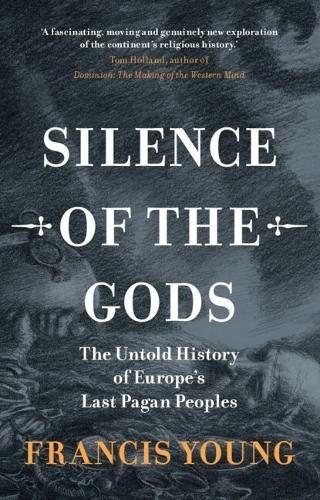
Ancient Celtic languages
The Maynooth Department of Early Irish is not only known for its academic expertise in the cultural heritage of medieval Ireland. My other huge interest for more than 30 years has been the ancient Celtic languages of the Continent (Lepontic, Gaulish, Celtiberian).
📖


Ancient Celtic languages
The Maynooth Department of Early Irish is not only known for its academic expertise in the cultural heritage of medieval Ireland. My other huge interest for more than 30 years has been the ancient Celtic languages of the Continent (Lepontic, Gaulish, Celtiberian).
📖
Too many high-level admins are destroying their universities.
Too many high-level admins are destroying their universities.
(A number of Xmas movies like Die Hard would have worked, but I went for the movie I demanded so often as a child I was only permitted to watch it with babysitters)
(A number of Xmas movies like Die Hard would have worked, but I went for the movie I demanded so often as a child I was only permitted to watch it with babysitters)
Yes I know Al-Qadim introduced a sorcerer class in 2nd ed, but 1) that was the 90s & 2) the show references them as spontaneous casters
Yes I know Al-Qadim introduced a sorcerer class in 2nd ed, but 1) that was the 90s & 2) the show references them as spontaneous casters







- Anna Komnena, The Alexiad
- Anna Komnena, The Alexiad

go.nature.com/4nHZmoM

go.nature.com/4nHZmoM
www.thecrimson.com/article/2025...
www.thecrimson.com/article/2025...



